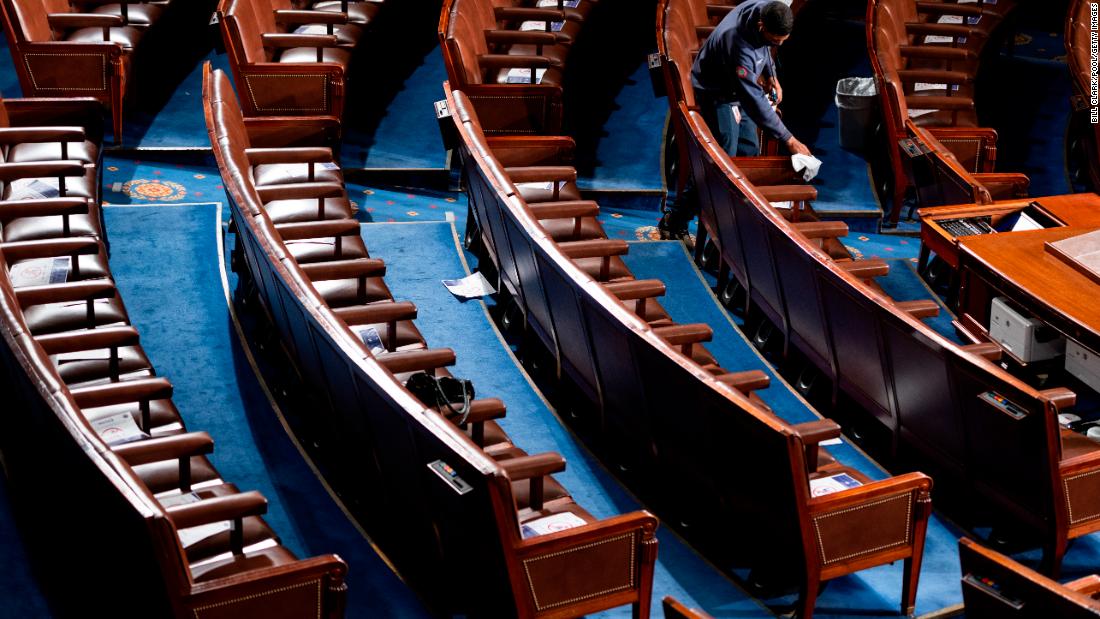
The midterms will decide the future of the January 6 investigation. Here's how the race for the House looks today
CNN
The House committee investigating the January 6, 2021, insurrection at the US Capitol is racing against a political clock to get to the bottom of what happened that day, and in the lead-up to the attack.
While two Republicans sit on the nine-member panel, it's a committee created by a Democratic-controlled House that GOP leadership has tried to discredit. One of those Republican panelists, Rep. Liz Cheney of Wyoming, is facing a primary challenger backed by former President Donald Trump. The other, Rep. Adam Kinzinger of Illinois, is not running for reelection. And the January 6 committee itself is likely to be disbanded if Republicans win back the House in November.
So how likely are Republicans to win this fall? Historically, very likely. The party in the White House traditionally loses seats in the first midterm election of a new president's term. In fact, the president's party has lost an average of 30 House seats in midterm elections over the last 100 years, according to Inside Elections with Nathan L. Gonzales. Republicans only need a net gain of five seats to win the chamber this year.













